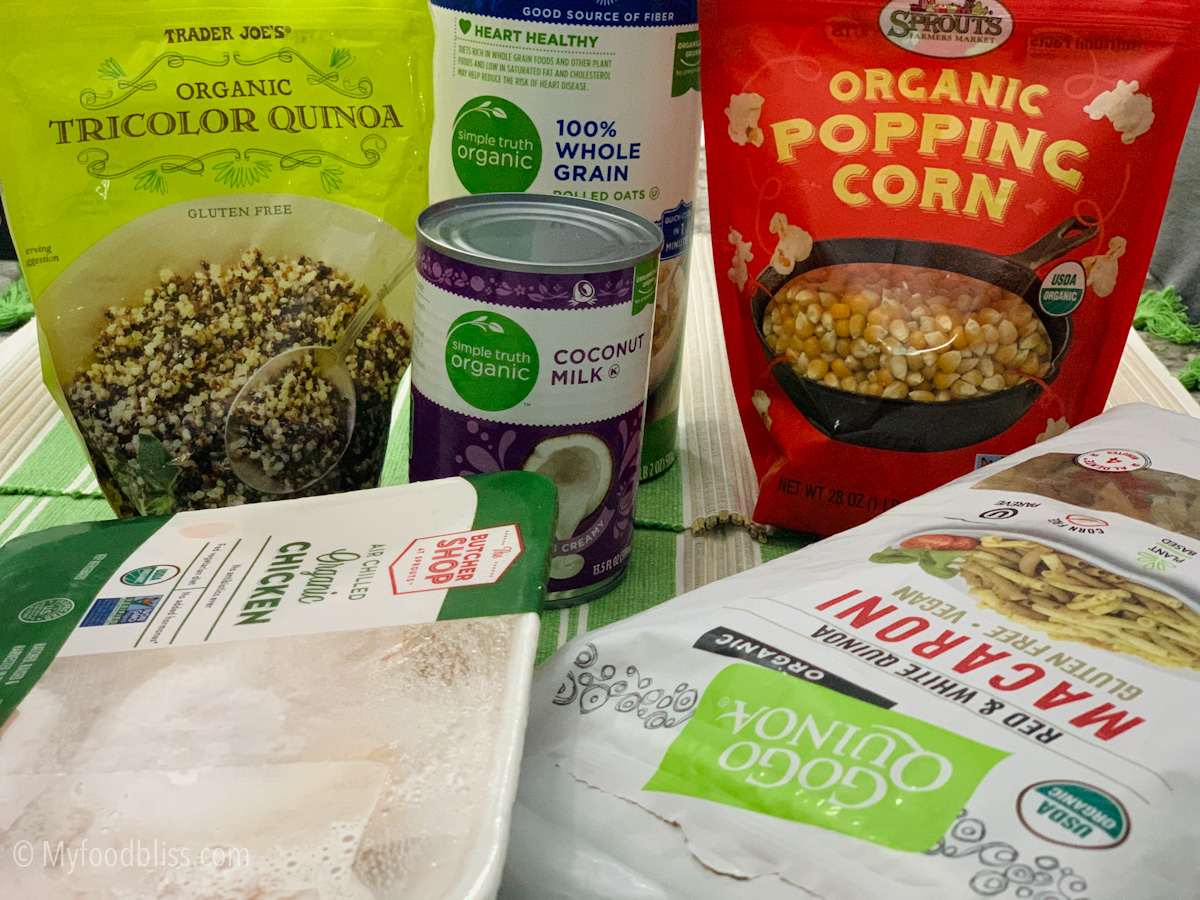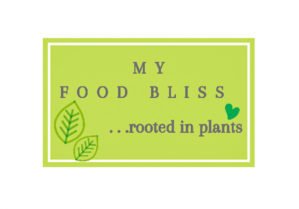O for Organic

What does it mean when your food has a label that say ‘organic’?
The dictionary states organic means of, relating to, or derived from living organisms, which is exactly what food is. It is puzzling that now, we actually categorize food in a way that is okay with nature – and call it organic. Use of pesticides and chemicals in farming was uncontrolled for centuries, and the early part of 20th century saw the rise of the organic food movement, which eventually made ‘organic’ a food label.
Organic certification is used to describe how a food item was produced, and requires that it be free of antibiotics, artificial colors, genetically modified ingredients, and synthetic pesticides. Note that organic farming does include the use of bio pesticides. Also, the ‘natural’ label doesn’t mean organic. Organic does not mean safer or healthier at all times.
For details, refer to http://www.onlyorganic.org/get-facts/organic-seal-approval/
Is it worth splurging on organic foods? Whenever possible, definitely a ‘yes’. But do not let the distinction of organic vs non-organic stop you from nourishing yourself with fresh produce.
Conventional foods have high levels of mercury, lead, cadmium, and pesticides. Note that, organic products do use pesticides. The prime reason to prefer organic food is to limit your exposure to the unwanted harmful synthetic elements in food. Unfortunately, either due to cross contamination or residue of some long lasting pesticides in soil, about 11% organic foods still have some pesticide residue.
Level of pesticides even in conventional food has been strictly regulated at least from the late 1960’s, and are usually in safety standards. Despite the usual wide spread idea of ‘dirty dozen’ products that you should avoid dur to their pesticide content, the actual levels of chemicals from pesticides ven in the dirty dozen category are extremely low and you need to consume insane amount of those produce in a day to have toxic effects.
Refer to https://www.safefruitsandveggies.com/pesticide-residue-calculator/ to learn about it more. But if you are able to afford organic produce and are determined to minimize hidden ingredients in your food, go organic.
It takes at least 3 years to convert traditional farm land over to an organic farm. And the high price tag also comes from the need to be harvested, processed, transported separately from conventional counter parts.
Do we get any additional nutrition from organic foods?
Most studies did not find significantly more vitamins and minerals in organic foods, but they do contain more antioxidants, which makes organic food healthier in some aspect.
Organic animal products include meat, eggs, and dairy. By USDA standards, organic animal products are obtained from animals that have not been fed or injected with antibiotics or steroids. Organic animal products still contain hormones like estrogen from animals. Sadly, organic milk might still mean it came from cows fed a certain grain diet and not the optimal grass fed cows. Studies have shown that grass fed cows’ milk is more nutritionally dense than plain organic milk. Whenever you can, choose grass fed organic milk for optimal health.
Conventional meat is a whole other issue, because of how the animals are raised, fed, and butchered. Antibiotics, excess levels of hormones, pesticides, and preservatives all make their way into our plate through conventional meat. In addition, regular meat was also shown to have higher rates of multi drug resistant bacteria. In short, non-organic animal products are far worse than their plant based counterparts.
Organic or non organic, science is behind many studies that continue to prove the detrimental effects of animal products on health and benefits of plant based diet.
I advocate for organic foods across the board if you can afford and have the luxury to do so. But if you have to prioritize, definitely spend those extra dollars on organic animal products.
Even better, try to grow some of your food in a backyard garden or a raised bed garden without any chemicals. Be it just herbs, or anything more than that, growing and eating the plant products that you raised is healthy and emotionally fulfilling too.
